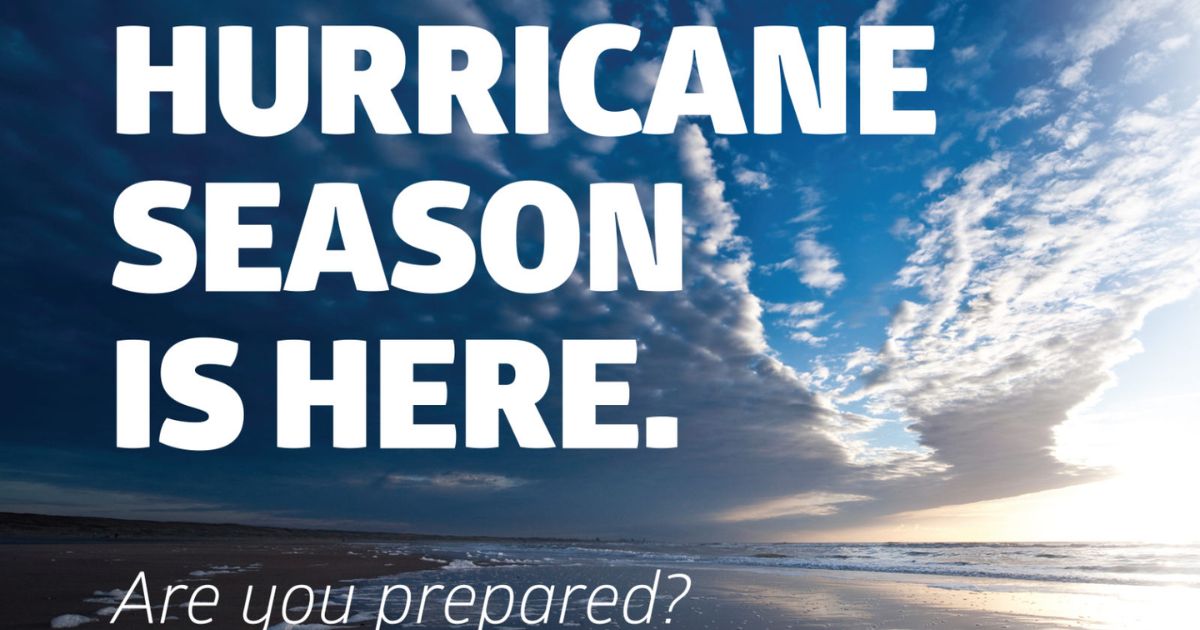Hurricane season is a recurring annual event that can have significant impacts on various sectors of the economy. For investors this predictable phenomenon presents both challenges and opportunities.
Understanding how to invest in anticipation of hurricane season requires a nuanced approach that considers both the potential risks and rewards associated with severe weather events.
This article explores strategies for investors looking to position their portfolios to potentially benefit from or protect against the economic effects of hurricanes.
Understanding Hurricane Season
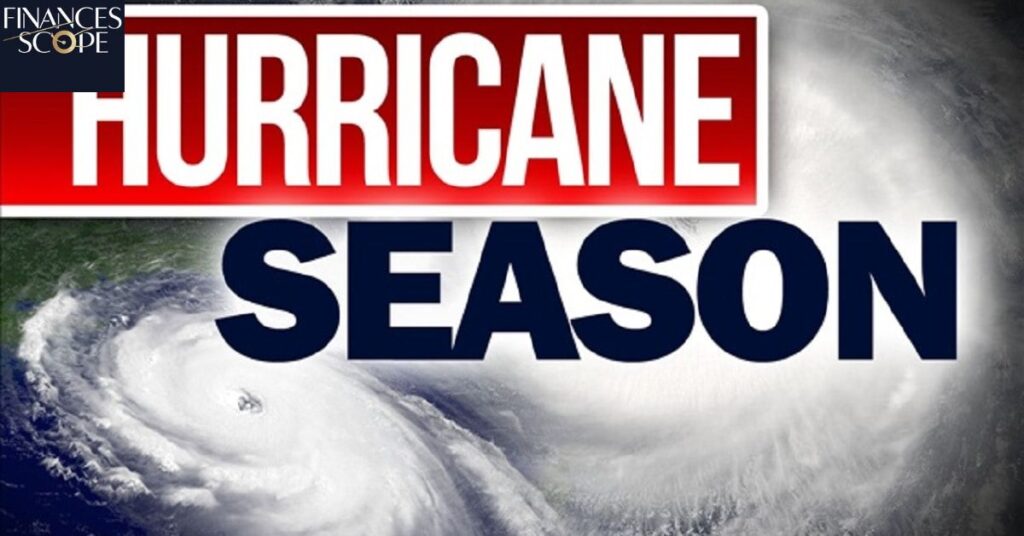
Hurricane season, typically spanning from June to November in the Atlantic region, brings a heightened risk of severe weather events. These storms can have significant economic and environmental impacts, affecting various industries.
Investors need to understand the dynamics of hurricane season to make informed decisions, as it can create both challenges and opportunities in the market.
Timing And Geography
Hurricane season in the Atlantic basin typically:
- Runs from June 1 to November 30
- Peaks between mid-August and late October
- Affects coastal areas in the Caribbean, Gulf of Mexico, and Eastern United States
Economic Impact
Hurricanes can have wide-ranging economic effects, including:
- Property damage and destruction
- Disruption of business operations
- Shifts in supply and demand for various goods and services
- Insurance payouts and increased premiums
- Government spending on relief and reconstruction efforts
Historical Trends
Analyzing past hurricane seasons reveals:
- Increasing frequency and intensity of storms in recent decades
- Varying levels of economic impact depending on storm strength and landfall location
- Long-term recovery patterns in affected regions
Sectors Affected By Hurricane Season
Hurricane season can disrupt several sectors, including insurance, real estate, energy, and agriculture. Companies in these industries may face operational challenges, increased claims, or supply chain disruptions.
Conversely, sectors such as construction and emergency services may experience heightened demand, making sector-specific knowledge crucial for investors.
Insurance
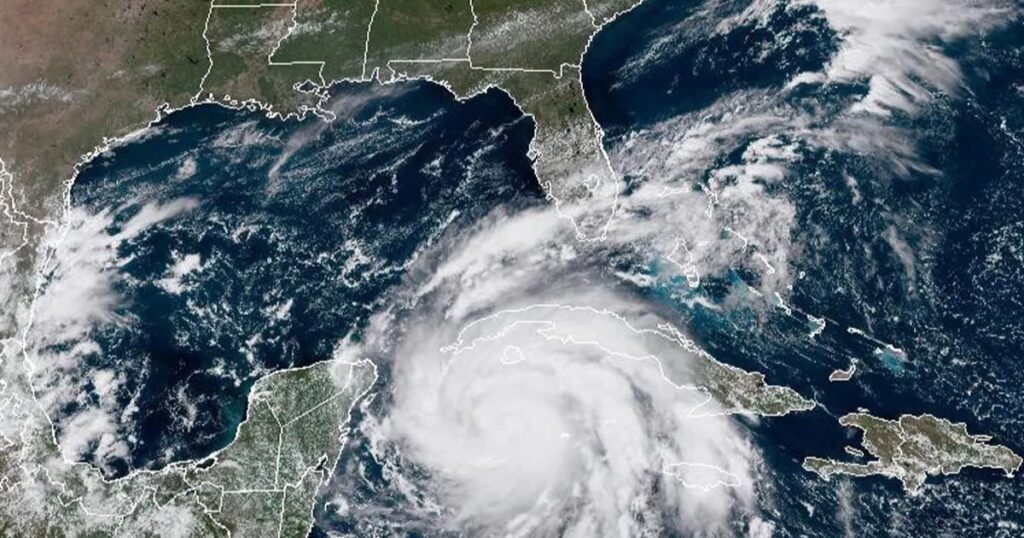
The insurance industry is directly impacted by hurricanes through:
- Increased claims and payouts
- Potential for higher premiums in aftermath
- Reinsurance demand fluctuations
Construction And Home Improvement
These sectors often see increased activity due to:
- Rebuilding efforts in affected areas
- Preventative renovations and reinforcements
- Surge in demand for building materials and services
Energy
The energy sector experiences significant effects, including:
- Disruptions to oil and gas production in the Gulf of Mexico
- Damage to refineries and distribution infrastructure
- Fluctuations in energy prices
Retail
Retail businesses are impacted in various ways:
- Short-term increases in demand for emergency supplies
- Potential long-term disruptions to supply chains
- Shifts in consumer spending patterns post-hurricane
Transportation
The transportation sector faces challenges such as:
- Disruptions to shipping routes and port operations
- Increased demand for logistics services during recovery
- Potential damage to infrastructure roads, bridges, airports
Investment Strategies For Hurricane Season

Investing during hurricane season requires strategic planning to balance risk and reward. Investors may consider defensive strategies, such as investing in companies with strong insurance and reinsurance capabilities, or those involved in disaster recovery.
Additionally, diversifying portfolios to include assets less vulnerable to weather-related disruptions can be a prudent approach.
Direct Investments in Affected Sectors
Investors can consider:
- Stocks of major home improvement retailers e.g. Home Depot, Lowe’s
- Shares in construction and building material companies
- Investments in disaster recovery and waste management firms
Insurance And Reinsurance Opportunities
Potential investments include:
- Shares in well-capitalized insurance companies
- Reinsurance companies that may benefit from increased demand
- Catastrophe bonds and other insurance-linked securities
Energy Sector Plays
Investors might look at:
- Oil and gas companies with diversified operations
- Renewable energy firms that may benefit from infrastructure rebuilding
- Energy infrastructure companies involved in repair and reconstruction
Defensive Investments
To protect portfolios, consider:
- Utilities with strong track records of weathering storms
- Consumer staples companies that provide essential goods
- Healthcare companies that may see increased demand in affected areas
Real Estate Considerations
Real estate investors should examine:
- REITs focused on areas less prone to hurricane damage
- Opportunities in inland areas that may benefit from population shifts
- Companies specializing in storm-resistant construction and materials
Read This Blog: Can I Invest In Clear View Ai Through Fidelity?
Timing Your Investments
Timing is critical when investing around hurricane season. Historical data and weather forecasts can help investors anticipate market movements.

For example, buying into stocks of companies involved in reconstruction and repair efforts just before or during hurricane season can potentially yield high returns as demand for these services increases.
Pre-Season Positioning
In the months leading up to hurricane season:
- Research and identify potential investment targets
- Gradually build positions in selected stocks or funds
- Consider protective measures for existing investments in vulnerable sectors
During-Season Strategies
As the hurricane season progresses:
- Stay informed about developing storms and their projected paths
- Be prepared to act quickly on short-term trading opportunities
- Monitor the performance of your hurricane-related investments
Post-Season Evaluation
After the hurricane season ends:
- Assess the performance of your hurricane-related investments
- Rebalance your portfolio based on the season’s outcomes
- Begin planning for the next hurricane season
Risk Management
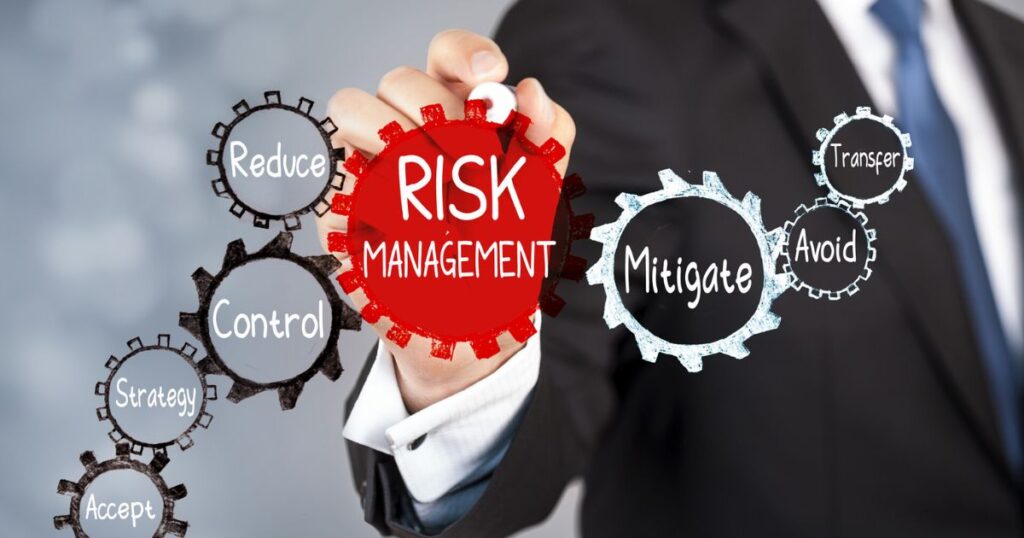
Managing risk is paramount when investing during hurricane season. Investors should assess the potential impact of hurricanes on their portfolios, considering geographic exposure and sector vulnerabilities.
Utilizing insurance, hedging strategies, and diversifying across less affected industries can help mitigate the risks associated with these natural events.
Diversification
To mitigate risks:
- Spread investments across multiple sectors and companies
- Don’t overexpose your portfolio to hurricane-related investments
- Balance speculative plays with more stable, defensive positions
Hedging Strategies
Consider implementing hedges such as:
- Put options on vulnerable stocks or sectors
- Inverse ETFs that move opposite to potentially affected markets
- Commodity futures to hedge against price spikes in materials or energy
Long-term Perspective
Remember to:
- Maintain focus on your overall investment goals
- Avoid making drastic portfolio changes based solely on hurricane forecasts
- Consider hurricane-related investments as part of a broader, diversified strategy
Ethical Considerations
Ethical considerations play a vital role in hurricane-related investing. Investors should consider the long-term environmental and social impacts of their investments, particularly in sectors like real estate development in vulnerable areas.

Supporting companies that prioritize sustainable practices and disaster resilience can align investments with broader ethical goals.
Responsible Investing
Investors should consider:
- The ethical implications of profiting from natural disasters
- Supporting companies that contribute positively to recovery efforts
- Investing in businesses that prioritize environmental sustainability and climate resilience
Community Impact
Be mindful of:
- The long-term effects of investments on hurricane-prone communities
- Supporting businesses that contribute to local economies in affected areas
- Potential for investments to aid in building more resilient infrastructure
Climate Change Awareness
Recognize the connection between:
- Hurricane intensity and climate change
- Long-term investment risks associated with increasing severe weather events
- Opportunities in climate adaptation and mitigation technologies
Read This Blog: Can Corporations Claim Business Investment Loss?
Tools And Resources For Hurricane-Related Investing
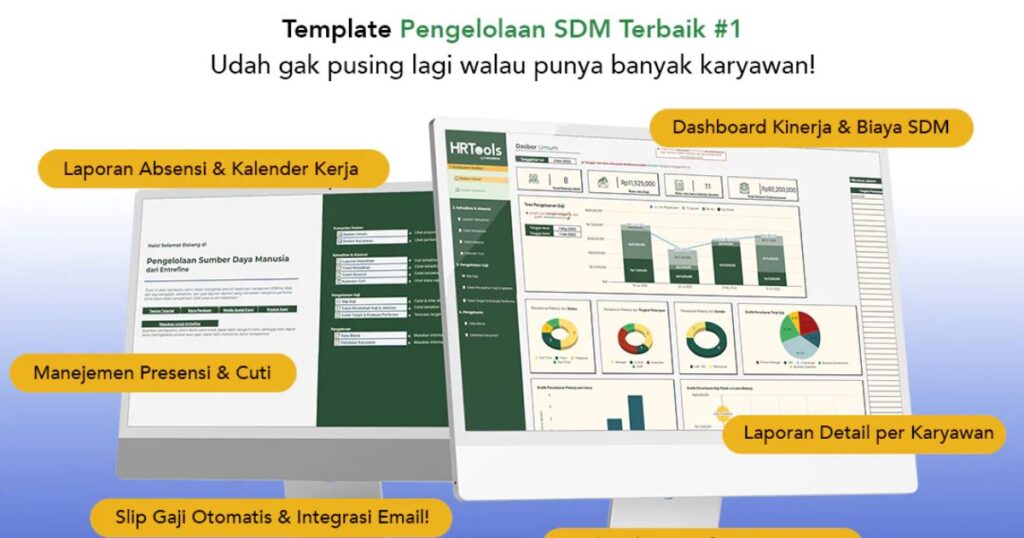
Investors can leverage various tools and resources to navigate hurricane season effectively. These include advanced weather forecasting models, industry reports, and financial analytics platforms that offer insights into sector-specific risks and opportunities.
Staying informed with up-to-date data is key to making well-timed investment decisions.
Weather And Climate Data
Utilize resources such as:
- National Hurricane Center forecasts and historical data
- Climate prediction models and long-term trend analyses
- Satellite imagery and storm tracking tools
Financial Analysis Tools
Leverage:
- Stock screeners to identify potentially affected companies
- Sector-specific ETFs for broader exposure to relevant industries
- Risk assessment tools that factor in climate and weather-related risks
Expert Insights
Seek Information From:
- Meteorologists and climate scientists
- Financial analysts specializing in weather-sensitive sectors
- Industry experts in fields like insurance, construction, and energy
Case Studies
Analyzing case studies of past hurricane seasons provides valuable lessons for investors.
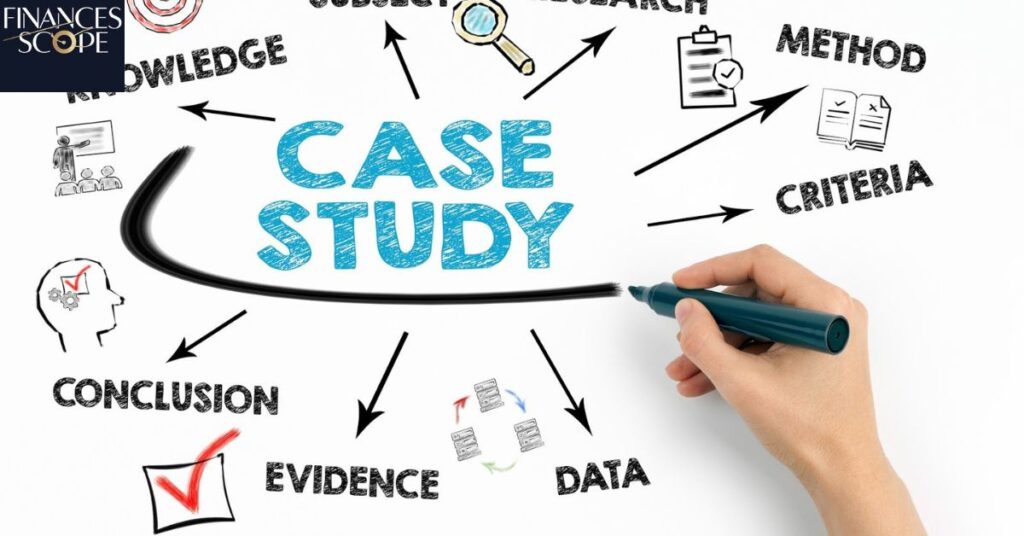
These real-world examples highlight how different sectors and companies have been impacted, offering insights into effective investment strategies and risk management practices.
Reviewing these cases can help investors refine their approaches for future hurricane seasons.
Hurricane Katrina (2005)
Examine The Investment Implications Of:
- The widespread destruction in New Orleans and the Gulf Coast
- Long-term rebuilding efforts and their impact on local and national economies
- Changes in insurance practices and regulations following the disaster
Hurricane Harvey (2017)
Analyze The Market Effects Of:
- Extensive flooding in Houston and surrounding areas
- Disruptions to the energy sector in the Gulf of Mexico
- The role of social media and technology in disaster response and recovery
Hurricane Dorian (2019)
Consider The Investment Lessons From:
- The impact on tourism-dependent economies in the Bahamas
- The importance of accurate forecasting in investment decision-making
- The growing role of climate resilience in coastal development
Read This Blog: Are Automatic Investments A Money Skill?
Future Trends In Hurricane-Related Investing

As climate change continues to influence weather patterns, the frequency and severity of hurricanes are expected to increase, making hurricane-related investing a growing area of focus.
Investors should stay ahead of trends in disaster preparedness, resilient infrastructure, and sustainable practices, which are likely to shape future opportunities in this space.
Climate Change Adaptation
Look For Opportunities In:
- Companies developing climate-resilient infrastructure
- Innovative building materials designed to withstand extreme weather
- Water management and flood control technologies
Predictive Analytics and AI
Consider The potential Of:
- AI-driven weather prediction models for more accurate forecasting
- Big data analytics in assessing and pricing climate-related risks
- Automated trading systems that react to weather events in real-time
Sustainable Recovery Solutions
Explore Investments In:
- Green building and sustainable reconstruction techniques
- Renewable energy solutions for disaster-prone areas
- Eco-friendly disaster relief and cleanup technologies
Frequently Asked Questions
What are the best stocks to buy before hurricane season?
There’s no one-size-fits-all answer but consider well-capitalized insurance companies home improvement retailers and construction firms with strong presence in hurricane-prone regions.
How does hurricane season affect the stock market?
Hurricane season can cause short-term volatility in affected sectors and regional markets, but broader market impacts are typically limited unless a major disaster occurs.
Is it ethical to invest based on potential natural disasters?
While profiting from disasters raises ethical questions, investing in companies that aid in preparation, response, and recovery can be seen as supporting necessary services and infrastructure resilience.
Can small investors benefit from hurricane-related investing strategies?
Yes, small investors can participate through publicly traded stocks, sector-specific ETFs, or mutual funds focused on relevant industries like insurance or construction.
How far in advance should I adjust my portfolio for hurricane season?
Start researching and gradually adjusting your portfolio 2-3 months before the official start of hurricane season, but remain flexible as forecasts and conditions can change rapidly.
Conclusion
Investing in anticipation of hurricane season requires a careful balance of foresight risk management and ethical consideration.
While there are potential opportunities to benefit from the economic activities surrounding hurricane preparation, response, and recovery, investors must approach this strategy with caution and a comprehensive understanding of the complex factors at play.
Successful hurricane-related investing involves not only identifying potential winners in sectors like construction home improvement and insurance but also understanding the broader economic impacts and long-term trends associated with increasing severe weather events.
Diversification thorough research and a long-term perspective are crucial elements of any sound investment strategy particularly when dealing with the unpredictable nature of hurricanes.

Marcus Delgado is a certified financial planner with expertise in retirement strategies and tax optimization.
With a background in economics and a passion for helping individuals achieve financial freedom, Marcus provides practical advice on long-term wealth building and smart money management.
